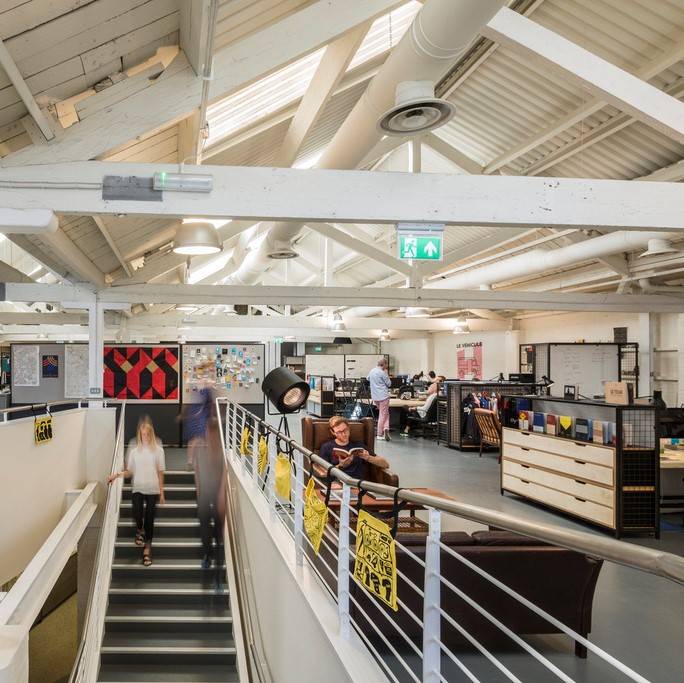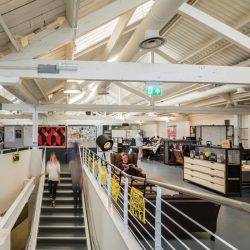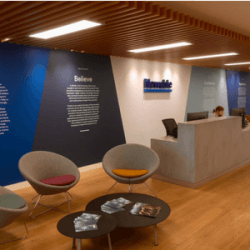October 31, 2018
Conversations may be more productive when held in the great outdoors
 Conversations are more responsive in natural environments such as parks and gardens than indoors, finds new research by the University of Manchester and Cardiff University. The researchers recorded conversations between three- and four-year-old children and their parents while they explored a city park and the park’s indoor education centre and found that the conversations in the park were more responsive and connected compared to those recorded indoors. The study ‘Responding to nature: Natural environments improve parent-child communication’ is published in the Journal of Environmental Psychology.
Conversations are more responsive in natural environments such as parks and gardens than indoors, finds new research by the University of Manchester and Cardiff University. The researchers recorded conversations between three- and four-year-old children and their parents while they explored a city park and the park’s indoor education centre and found that the conversations in the park were more responsive and connected compared to those recorded indoors. The study ‘Responding to nature: Natural environments improve parent-child communication’ is published in the Journal of Environmental Psychology.













 Although the majority of business leaders rate their business as efficient, nearly a third of respondents to a recent survey waste up to 65 working days per year on administrative tasks, with over half wasting the equivalent of a working month. Priority Software’s Business Process Efficiency Index 2018 suggests business leaders are struggling to take charge of company productivity; and while senior decision-makers expressed the desire to spend more time planning for the future of their businesses, they said too much time is currently occupied by administrative tasks.
Although the majority of business leaders rate their business as efficient, nearly a third of respondents to a recent survey waste up to 65 working days per year on administrative tasks, with over half wasting the equivalent of a working month. Priority Software’s Business Process Efficiency Index 2018 suggests business leaders are struggling to take charge of company productivity; and while senior decision-makers expressed the desire to spend more time planning for the future of their businesses, they said too much time is currently occupied by administrative tasks.
 Under half (47 percent) of British managers ‘completely agree’ that they would recommend their workplace to others, lagging behind other countries, such as Austria (66 percent), Finland (53 percent), Switzerland (53 percent), and France (51 percent). This is according to a Cornerstone OnDemand and IDC survey of over 1,900 European HR, IT and line of business managers,
Under half (47 percent) of British managers ‘completely agree’ that they would recommend their workplace to others, lagging behind other countries, such as Austria (66 percent), Finland (53 percent), Switzerland (53 percent), and France (51 percent). This is according to a Cornerstone OnDemand and IDC survey of over 1,900 European HR, IT and line of business managers, 

















October 15, 2018
Some thoughts on the addictive power of workplace design
by Agustin Chevez • Comment, Workplace design
(more…)